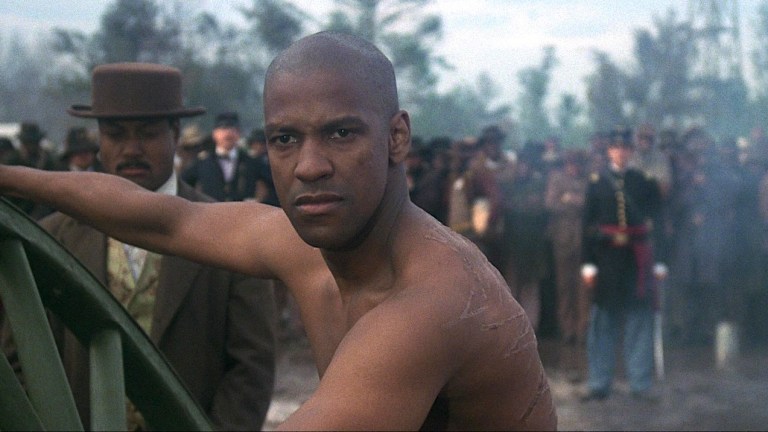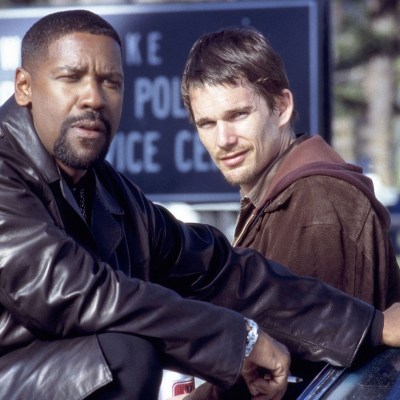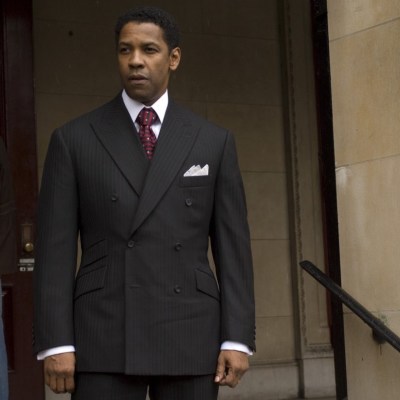Only a single tear rolls down his cheek.
Hence why some have dubbed the moment his signature move, a claim Washington hasforcefully and rightly dismissed.
Its why, among other reasons, we keep returning toGloryafter all these decades.

Released 35 years ago this month,Gloryremains arguablythe greatest movie ever made about the American Civil War.
And Washington is one of the chief architects of the movies legacy.
Admittedly,Glorycame close to making similar mistakes.

It is the same gallant work of art which is revealed in intimate detail duringGlorys ending credits.
YetGlorywas almost that movie.
Apparently much and more of Jarres original screenplay was intended to be Shaws story.

This is the story of the Black men, be they born free or runaway slaves.
In this fateful cinematic moment, Trip has been captured after going AWOL.
In the process, he reveals a back long butchered by a spiders web of scars.
He is saying,what is one more beating from a white man?
That is at least how Trip wants to appear in the moment.
Yet as we watch the sequence play out, there is more than just defiance in Washingtons face.
No one should make that mistake.
The character is not cynical.
But while inaccurate, the scene is painfully truthful.
(Hence his disdain for the tear being called a signature move.)
He knows what time it is, even if it hurts like all goddamn hell.
Shaw responds by doing the right thing, but it doesnt make him and Trip friends.
Still, they sing all the same.
The next day they die too, including with Trip beside Shaw.
Both men die around a flag they never get to see wave above the ramparts of the fort.
They are subsequently buried together.